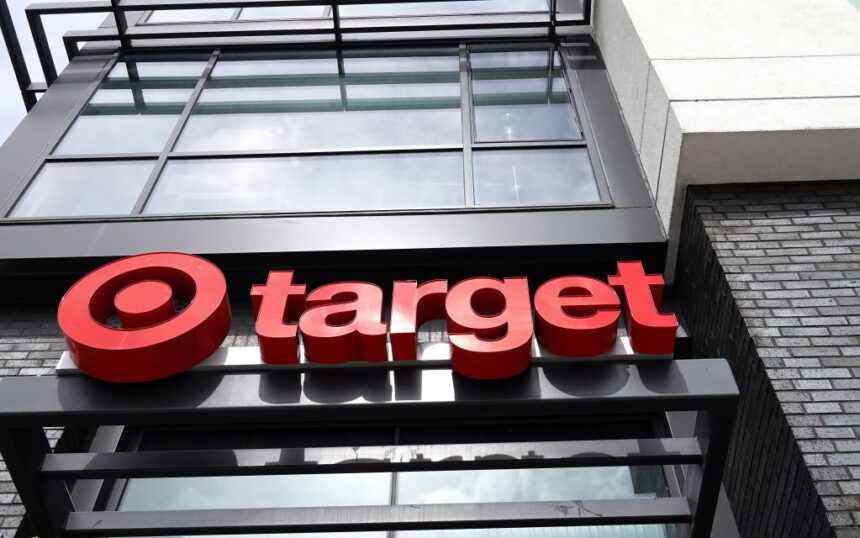Personal check usage has been on the decline, with a decrease of 7.2 percent per year since 2018. As a result, Target has decided to discontinue accepting personal checks as a form of payment starting July 15. This decision aligns with other retailers like Aldi and Whole Foods, who have also stopped accepting personal checks due to their decreasing popularity.
A Target spokesperson mentioned that the low volume of personal check transactions led to this decision. The company has taken steps to inform customers about this change and will continue to accept cash, credit cards, and debit cards as alternative payment methods. While personal checks are currently listed as an acceptable form of payment on Target’s website, this will be updated to reflect the new policy on July 15.
In the past, Whole Foods made a similar move to stop accepting personal checks in specific regions, citing the benefits of faster transaction times for customers by focusing on cash and electronic payments only. The trend of declining personal check usage in the United States can be attributed to the rise of other payment methods since the mid-1990s.
Although the number of check payments has decreased, the average value of check payments has increased over the years. According to the Federal Reserve’s latest payments study, the average value of check payments rose from $1,908 in 2018 to $2,430 in 2021. Despite this, the total value of check payments accounted for roughly 21 percent of all noncash payment value in 2021.
On the other hand, noncash payments in the US have been growing steadily, reaching $128.51 trillion in 2021. This represents a 9.5 percent annual increase since 2018, outpacing the decline in personal check usage. A recent study by the Federal Reserve highlighted the growing number of consumer payments and stable demand for cash, emphasizing the importance of maintaining a resilient cash supply chain.
While cashless payment methods have become more popular, a study from an Australian university suggests that consumers tend to spend more when using these methods compared to traditional cash. This “cashless effect” underscores the value of carrying cash to prevent overspending and sticking to a budget.
Please rewrite this sentence.
Source link






